BU Humanisation Conference 21st June 2016
Venue: Room EB708, Executive Business Centre, 89 Holdenhurst Road, BH8 8EB
Please find the Programme for the Humanisation conference on the 21st June 2016 attached.
Please feel free to pass the information on to others internal and external to the university (academic and practice) who you feel may be interested
The conference is being run at no cost and so you need to make your own arrangements for lunch. Let Dr. Caroline Ellis-Hill ( cehill@bournemouth.ac.uk ) know by the 15th June if you wish to attend .
If you only want to attend for part of the day, please state which part of the day you’d like to attend.
| 9.30 | Registration | |
| 10.00 | Dr Caroline Ellis-Hill | Welcome |
| 10.10 | Anne Quinney | Humanisation of the BU Generic Student Assessment Criteria. |
| 10.30 | Dr Sean Beer | Perceptions of the authenticity of food: a study of residents in Dorset (UK) |
| 10.50 | Prof Ann Hemingway | Innovative routes to Wellbeing: Equine Assisted interventions |
| 11.10 | Coffee | |
| 11.30 | Jane Fry | Sharing human concerns: utilising an embodied interpretative approach to convey findings from a descriptive phenomenological study |
| 11.50 | Dr Carole Pound | Humanising care: translating theory into practice in stroke care |
| 12.10 | Rutherford and Dr. Emer Forde | The Rutherford Introspective Photography: Promoting self-reflection and wellbeing of GP trainees through photography. |
| 12.30 | Free time Please see information about local venues for lunch | |
| 2.00 | Dr Vanessa Heaslip | How phenomenology enables insight into the Human lives of Gypsy Roma Travellers’ |
| 2.20 | Mevalyn Cross | Experiencing the Humanisation Framework together |
| 2.40 | Dr Jan Mosja | Chaplaincy at the bedside. Learning from Buddhist chaplains and their contributions to the humanisation of health care. |
| 3.00 | Sally Lee | Humanising and the Care Act well-being principle |
| 3.20 | Dr Mary Grant and Dr Catherine Lamont Robinson | HeART of Stroke: feasibility study of an Art & Health intervention following a stroke |
| 3.40 | Thanks, Tea and Close | |
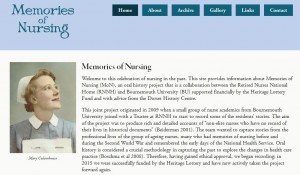
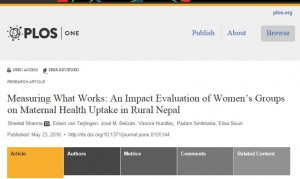
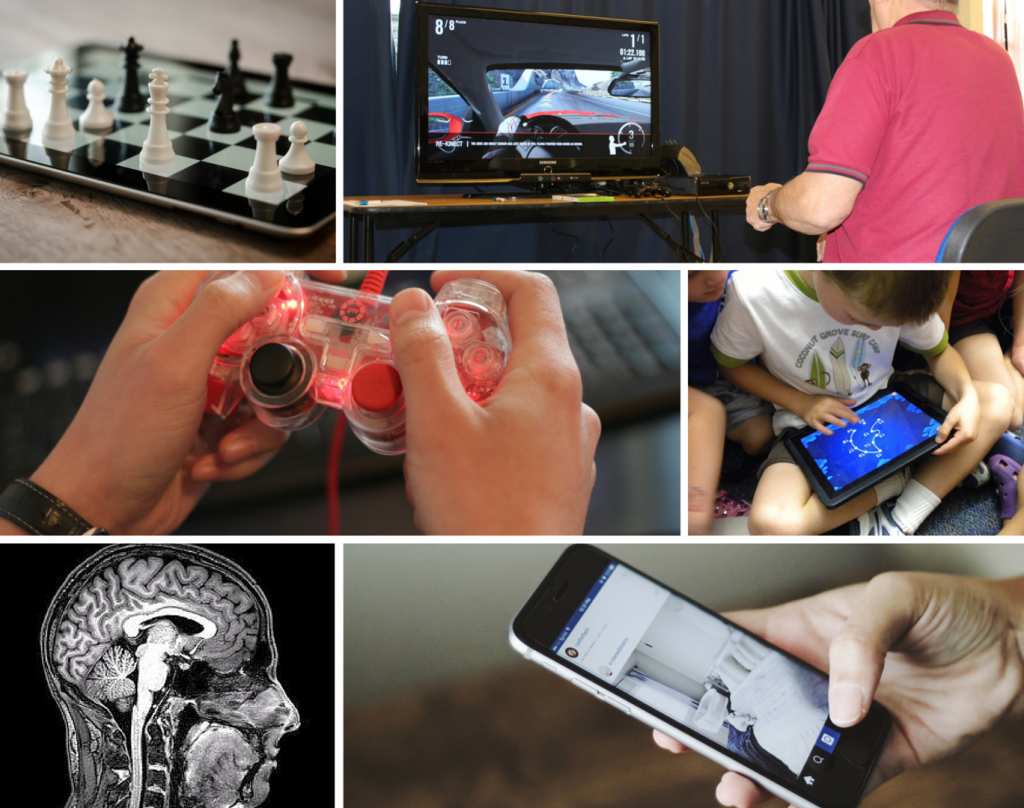
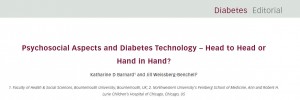
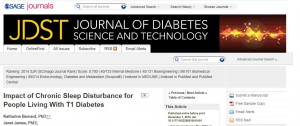
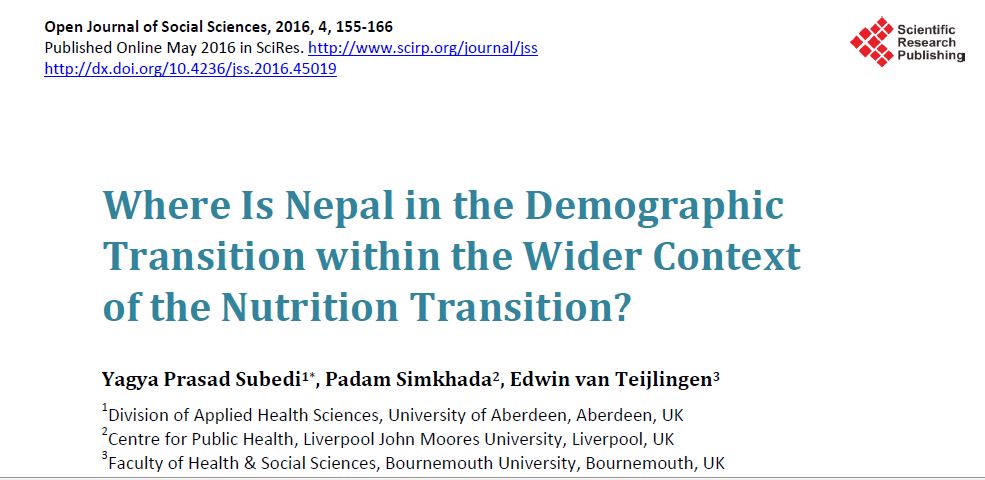
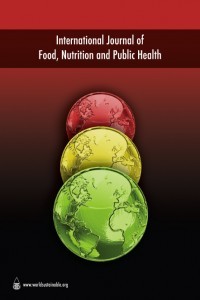

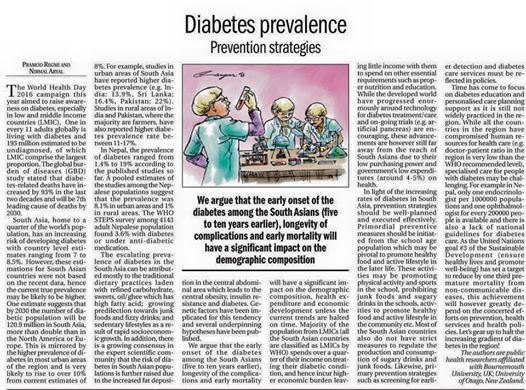

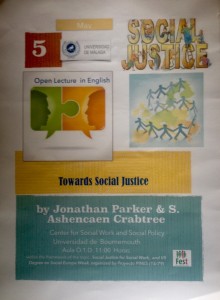
 We would like to invite you to the latest research seminar of the Creative Technology Research Centre.
We would like to invite you to the latest research seminar of the Creative Technology Research Centre.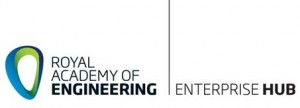











 Beyond Academia: Exploring Career Options for Early Career Researchers – Online Workshop
Beyond Academia: Exploring Career Options for Early Career Researchers – Online Workshop UKCGE Recognised Research Supervision Programme: Deadline Approaching
UKCGE Recognised Research Supervision Programme: Deadline Approaching SPROUT: From Sustainable Research to Sustainable Research Lives
SPROUT: From Sustainable Research to Sustainable Research Lives BRIAN upgrade and new look
BRIAN upgrade and new look Seeing the fruits of your labour in Bangladesh
Seeing the fruits of your labour in Bangladesh ECR Funding Open Call: Research Culture & Community Grant – Apply now
ECR Funding Open Call: Research Culture & Community Grant – Apply now ECR Funding Open Call: Research Culture & Community Grant – Application Deadline Friday 12 December
ECR Funding Open Call: Research Culture & Community Grant – Application Deadline Friday 12 December MSCA Postdoctoral Fellowships 2025 Call
MSCA Postdoctoral Fellowships 2025 Call ERC Advanced Grant 2025 Webinar
ERC Advanced Grant 2025 Webinar Update on UKRO services
Update on UKRO services European research project exploring use of ‘virtual twins’ to better manage metabolic associated fatty liver disease
European research project exploring use of ‘virtual twins’ to better manage metabolic associated fatty liver disease